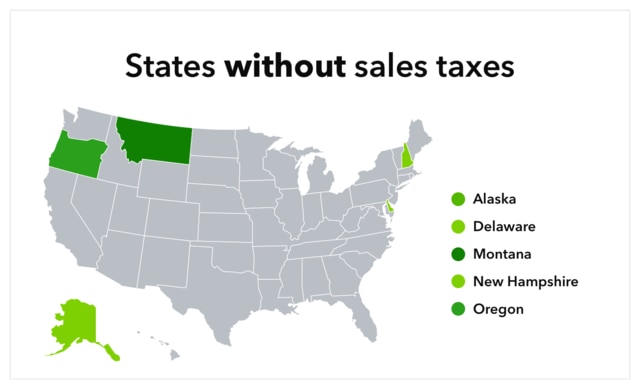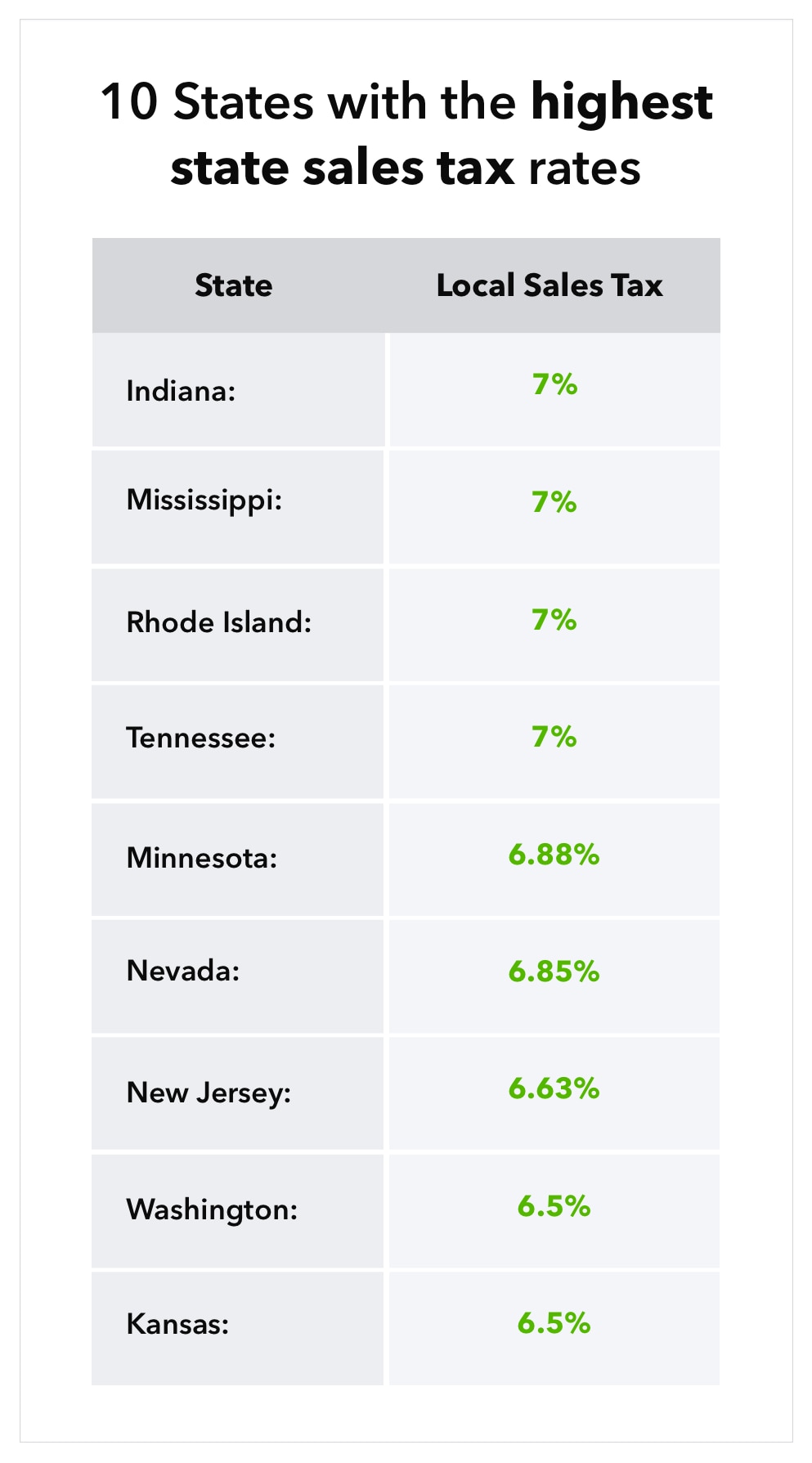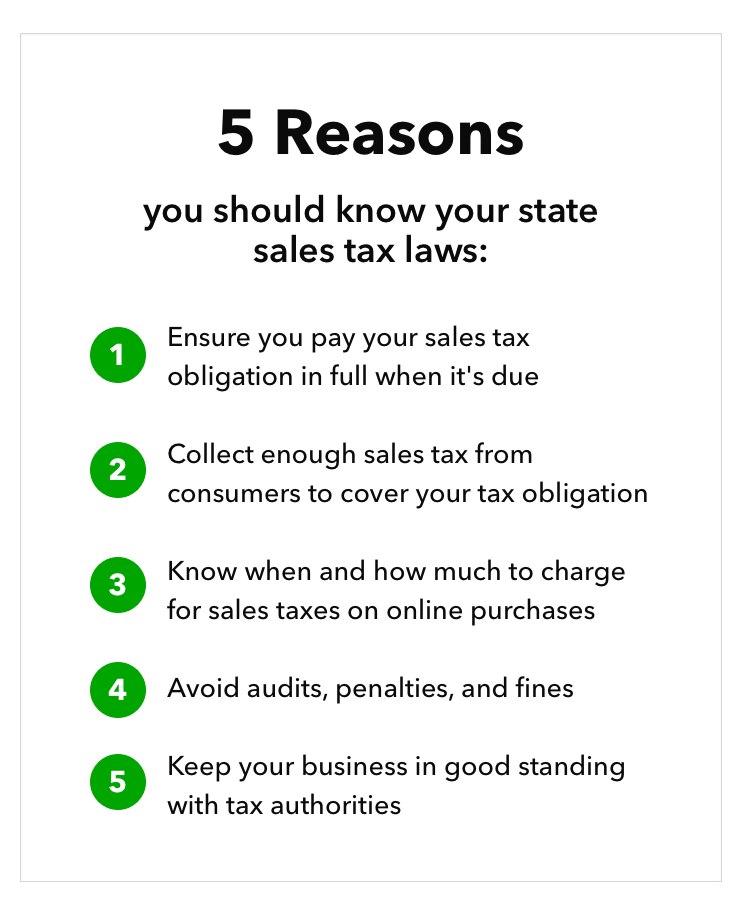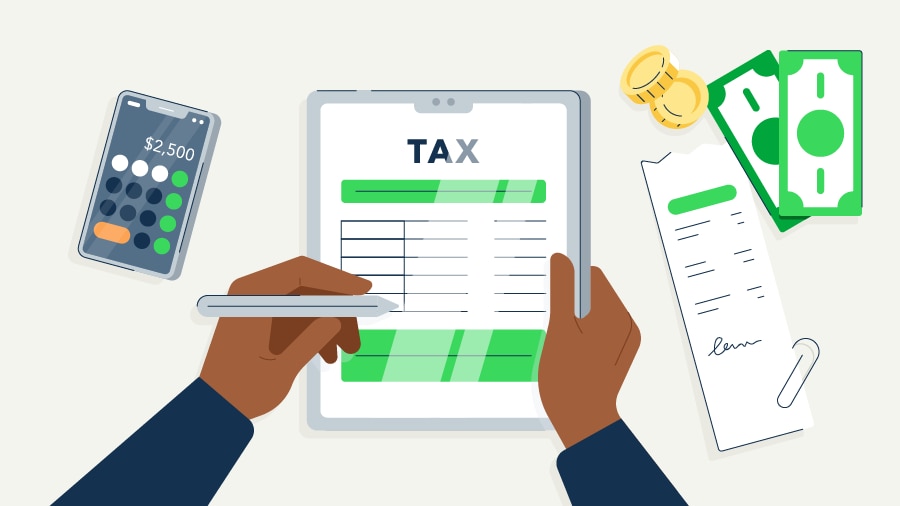Taxes aren’t a favorite topic among business owners or anyone for that matter—unless you’re the IRS.
While state sales tax can result in additional cost being tacked on to a purchase, it also means more work for business owners. For instance, you need to get a sales tax license and stay current on the sales tax rate for your state or states of business. Otherwise, you risk hefty fines.
Wouldn’t it be great if there were states with no sales tax? Well, as luck would have it, there are. Currently, there are five states that do not have state sales tax. While you may not be in one of these states right now, avoiding a sales tax could be a nice perk for those of you considering a move. Read on to see which five states have no sales tax.


















